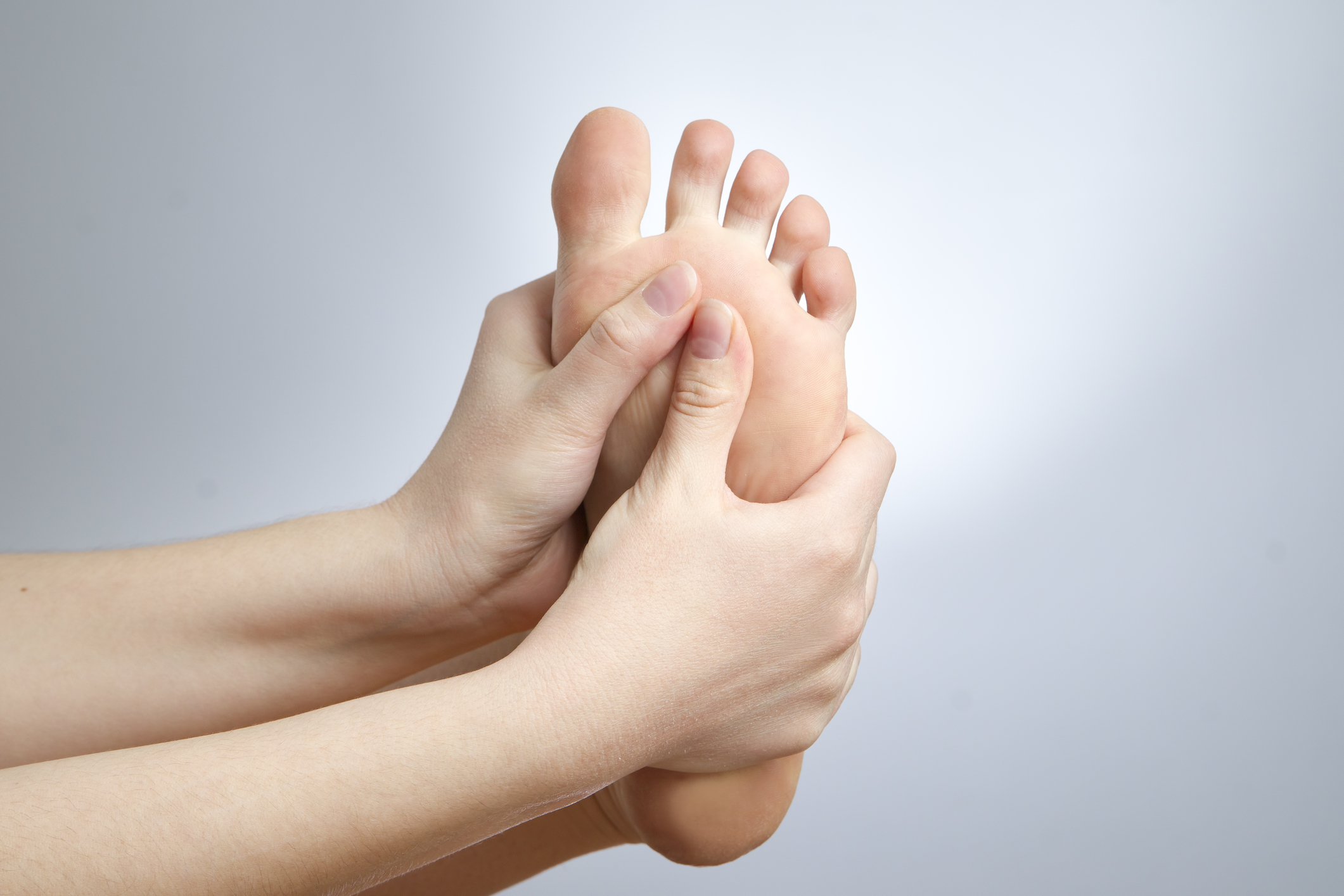The Most Common Symptoms of Inflammatory Disease
Sore Feet Or Hands

The swelling associated with inflammatory disease, known as edema, most commonly affects the hands and feet in a majority of patients. While this can become extreme, and lead to visibly swollen and engorged appendages, sometimes the swelling can be mild to moderate and not visible to the naked eye, but nonetheless painful for the patient. People suffering from edema can use compression socks to relieve pain. This type of swelling results in soreness, however, chronically sore hands and feet could be a sign that an individual is suffering from a mild inflammatory disease. If pain medication does not provide any relief from the pain, a person may more than likely be suffering from inflammation caused by an inflammatory disease.
Flu-like Symptoms

In many cases, inflammatory diseases do not present any of the usual swelling-related symptoms most individuals know of when it comes to inflammation. Inflammatory diseases can sometimes cause more generalized symptoms that are often associated with the flu such as headaches, fatigue, chills, a loss of energy or appetite, and muscle stiffness. If a patient constantly suffers from any of these symptoms but are otherwise healthy, this could indicate that they have a mild inflammatory disease. Patients should consult with their doctor to be assessed.
